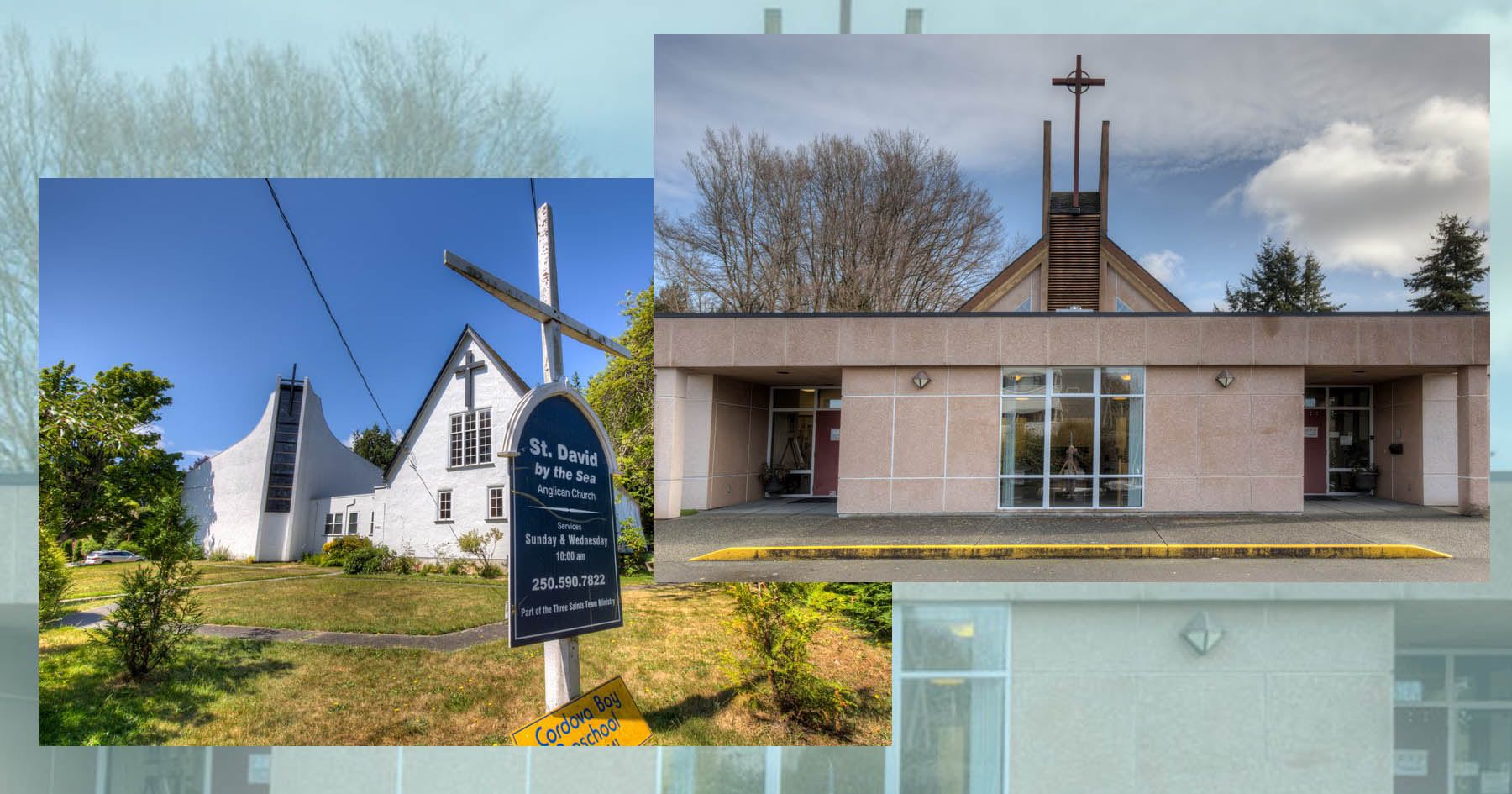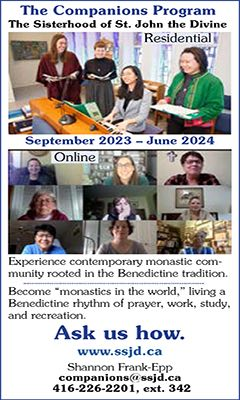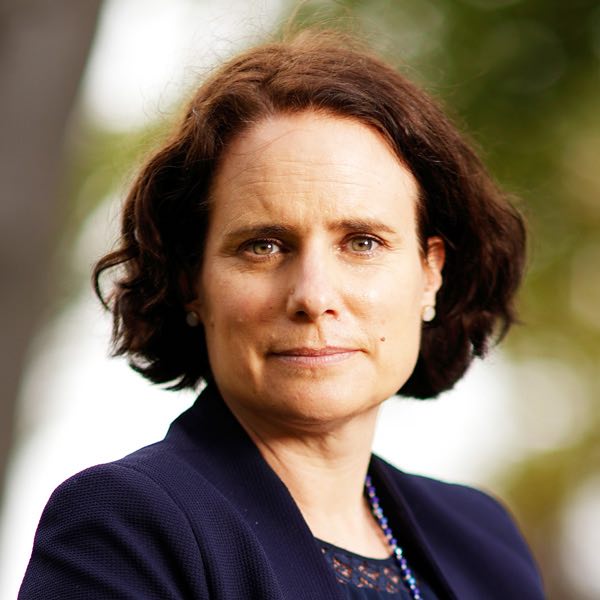One of the realities of church life and being church leaders, whether clergy or lay, is that we inevitably get wrapped up in property issues. Years ago, I asked a warden who had faithfully served with me in Toronto for four years what she learned during that time. She replied, “Well, I learned more than I ever wanted to know about weeping tile and sump pumps!” I know that her story is not unique and bless all those leaders reading this for all that you have done and continue to do stewarding our shared properties.
Many diocesan properties are at the age when they need (or will soon need) significant redevelopments and improvements. At the same time, many of these same churches face declining attendance, revenue and/or volunteer capacity. Recent census data that suggests while about one-third of Canadians identify as not religious, here in British Columbia those numbers are much higher — 52.7 per cent of BC respondents reported as “no religion.” Vancouver Island is higher even than that with Victoria at 60.5 per cent and Nanaimo at 62.9 per cent, which makes them among the most secular cities in North America.
The question of how to best steward our properties in these changing times is an issue that we must consider carefully and prayerfully. Our properties are at once tremendous assets and tremendous liabilities, and we are called to be wise and thoughtful custodians.
Given the housing crisis in our communities, it is fitting that many parishes and people wonder if we might be called to convert some of our properties into housing. However, experience tells us that getting our properties rezoned for housing and then raising adequate funds to build affordable housing is not simple. Moreover, the extent to which we as the Church are called to be in the housing business must be carefully considered. Each site and each community is different and we must work toward a future where we can meet community needs, our own space needs as worshipping communities and generate income to sustain our ministry.
In June of this year, diocesan council created some property development guidelines. They are available on our website and I’d encourage you to have a look. There is also a very helpful guide on the website called Capital Projects: It’s Harder Than You Think. After more than a few failed starts and attempts, we have learned that property redevelopment can be long, complicated and costly.
In September, diocesan council also reinstated, as per the canons, the asset management committee and created a property redevelopment fund that is intended to be a rotating fund so the diocese can assist in working to redevelop properties and generate income from our properties to sustain the work of ministry.
In October, Two Saints Ministry in Cordova Bay passed the following motion:
“That the Parish Council of Two Saints Ministry, represented by their Leadership Team, enter into conversations forthwith the Diocese of Islands and Inlets and any required consultants/partners to explore redevelopment/rezoning possibilities of both buildings and grounds of St. David by-the-Sea and St. Peter, Lakehill, to better serve the needs of the existing worshipping community and the local communities at large.”
I applaud the good people of Two Saints for their willingness to explore possibilities of how their properties could serve both their needs and those of the wider community. I am pleased to say that in addition to an initial grant from VanCity Community Foundation to explore redevelopment possibilities, we have also now secured a $150,000 grant from the Canadian Housing and Mortgage Corporation (CHMC) to start the process of discernment about what might be possible on Two Saints’ St Peter’s, Lakehill site. This might include housing, community space and worship space. No decisions or commitments have been made, but the housing shortage is so dire that there is federal money to investigate the possibility of these projects. Were something to be built with CHMC funding, it would need to deliver at least 30 per cent of its housing units at 80 per cent or below median neighbourhood rent. Accepting this seed grant from CHMC does not obligate us to build our properties, but gives us resources to explore these possibilities.
Other parishes in the diocese are also at various stages of considering possible property redevelopments. None of these projects will happen quickly or easily, and we must all work together to be good stewards of our shared properties.
It is my hope that if and when parishes face questions about their properties and the need for significant changes, improvements and developments, the diocese can partner with them in finding life-giving and sustainable solutions that ensure vital ministry for years to come. We do not want to be looking at closing and selling properties, but rather at reimagining what might be possible so that they best serve community needs today and are preserved for future generations and future needs.




